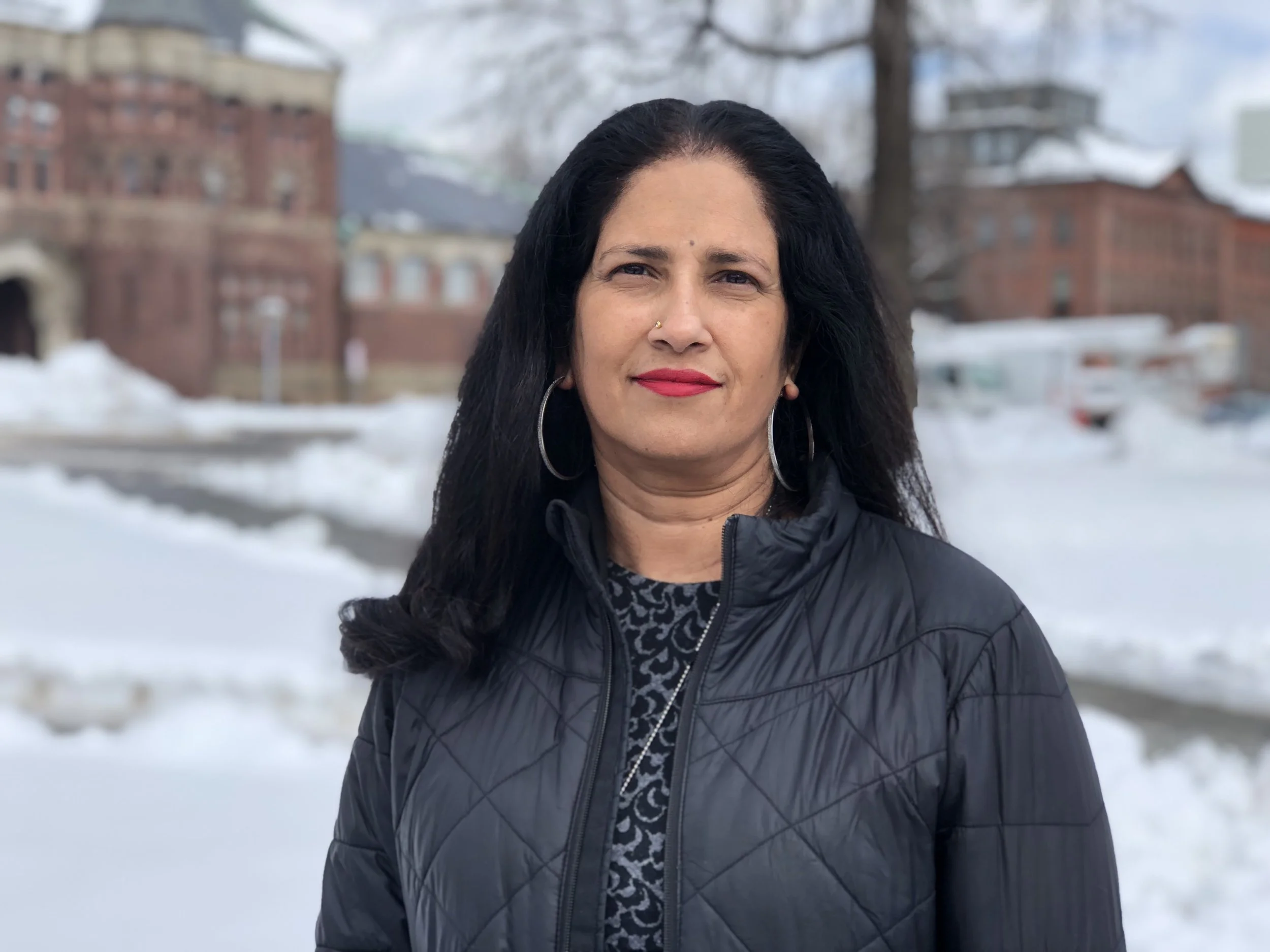Testing Ground: A Closer Look at a Big Push on Early Childhood in Detroit
/photo: Darren Brode/shutterstock
The W.K. Kellogg and Kresge foundations recently pledged $50 million over the next three years in support of the Hope Starts Here Community Framework, a 10-year plan to make Detroit a city that values early childhood education. The foundations are two of several regional funders supporting the Excellent Schools Detroit coalition that closed its doors earlier this year after falling woefully short of its goal to have 90 percent of the city’s high school students graduate ready for college by 2020.
Here’s the good news: the funders seem to have taken the lessons from Excellent Schools Detroit’s mistakes and applied them to this new project, Hope Starts Here. A big failing of Excellent Schools Detroit, as the coalition itself admitted, is that it didn't get early buy-in from parents or community-based group that had worked in the space for years, as we’ve reported.
The coalition said it lacked a good "ground game and failed to engage parents and communities." One example of this was a scorecard that graded schools. It was meant to be a resource to parents, but the criteria used to evaluate schools was established with no parental input, and parents felt it was unclear who put the scorecards together and how.
The coalition also failed to coordinate with other funders and advocacy groups working on education in Detroit, and ended up duplicating efforts. Excellent Schools Detroit’s push for early childhood education actually replicated the work already being done by Kresge and Kellogg, two of its own backers.
Related: What Can We Learn From Another Flunking Effort by Funders to Help Urban Schools?
Which brings us to Hope Starts Here, which will no doubt build on the funders’ previous work on early childhood education in the city. Kresge and Kellogg are part of the Southeast Michigan Early Childhood Funders Collaborative, along with the Skillman Foundation, the Max M. and Marjorie S. Fisher Foundation, the McGregor Fund, the Jewish National Fund, the PNC Foundation, and the Community Foundation for Southeast Michigan. Back in 2014, the collaborative put up $4.5 million for Head Start programs in Detroit.
What is most striking about Hope Starts Here, aside from the sizable $50 million commitment, is the level of engagement with the groups that Excellent Schools Detroit missed. The project is coming off a one-year community engagement project that involved 125 listening sessions and sending parent surveys to every neighborhood in the city. The initiative estimates it reached 18,000 Detroit residents over the course of the year, including families and caregivers, childcare providers, educators, healthcare professionals, community advocates, business leaders, policy makers and other funders.
Making sure all those voices were heard was a priority for the funders, said La June Montgomery Tabron, Kellogg’s president and CEO. “Our commitment to community engagement required active outreach all across the city to listen to Detroiters about their hopes for children and gather their ideas and insights,” she said. “We believe that, with support, the community is ready to take action and make Detroit the world class city its youngest residents and their families deserve."
After all that, what did they come up with?
“We heard consistently from parents and caregivers that they want safe, beautiful, well-equipped learning spaces. We heard that the quality of care needs to be of the highest level. And we heard that we need to make more resources—money, training, networks of support, and otherwise—available for teachers and families,” said Rip Rapson, president & CEO of the Kresge Foundation.
The result is a framework that includes six goals for early childhood health and education with concrete strategies to get there. The goals include promoting health and development during the first 1,000 days of a child’s life, supporting parents and caregivers, strengthening the city’s early childhood programs, improving facilities to make them safe and inspiring, and coordinating the efforts across different systems that touch early childhood.
Notably, the framework also addresses affordable childcare as one of its issues. Though affordable childcare seems like a natural piece of the early childhood education puzzle, and one that could greatly improve family financial stability, it's often overlooked by funders, as we’ve reported. Kellogg is a notable exception to the rule, so it’s not totally surprising to see childcare included here.
Related: Childcare Hasn’t Gained Much Traction with Funders. Who's Trying to Change That?
The funders are hoping that all of this can make a real difference in a city where many children face grim odds. Babies born in Detroit tend to be born prematurely and smaller at rates higher than the national average. Infant mortality rates are more than twice the national average. More than 60 percent of Detroit’s children from infancy to age five live in poverty. This is a critical period, since 90 percent of a child’s brain is formed by age five—by which point many Detroit kids have already experienced serious issues like violence-related trauma, health problems, hunger and homelessness.
Unhappy facts like these explain why Kellogg and Kresge aren't alone in their interest in Detroit. Other funders have also been drawn to the city in recent years; Detroit feels a bit like a testing ground for grantmakers looking to alleviate urban poverty.
The most notable newcomer to Detroit is the Ballmer Group, led by the former Microsoft CEO Steve Ballmer and his wife, Connie. A major new grantmaker in the anti-poverty space, the Ballmer Group is focused on improving economic mobility for poor children and families by backing a range of strategies. It's recently become a top funder of local groups in Los Angeles and made large gifts to national anti-poverty groups like StriveTogether; now it's turning to Detroit, opening a new office in the city, which will be led by Kylee Mitchell, a Detroit native. Steve Ballmer was born in Detroit and grew up in an affluent community north of the city, so it’s not a surprising focus for his philanthropic work. The office will oversee a multimillion-dollar budget of grants and initiatives in the city.
On the corporate side, JPMorgan Chase has made significant philanthropic investments in Detroit. Back in 2014, soon after the bank overhauled its philanthropic work to make it more focused and strategic, the company pledged $100 million as part of a five-year commitment to the city. Half comprised grants to community organizations and the other half took the form of loans to help small businesses and build affordable housing. Since then, the total investment has risen to $150 million, as we’ve reported.
While all this philanthropic work can feel exciting, it’s worth remembering neighboring Flint, Michigan, a cautionary tale for this type of place-based philanthropy. The Charles Stewart Mott Foundation has given generously in Flint since its founding in 1926. This year, the foundation’s total investment reached $1 billion, which accounts for about a third of the foundation’s total gifts, as we’ve reported. Despite that, over the past half-century, the city has declined, as structural forces beyond the funder’s control, such as deindustrialization, took hold.
There was little Mott’s millions could do as jobs and the middle class disappeared, offering an extreme case study of the limits of place-based philanthropy. Cities are heavily shaped by national and global developments, like the automation and offshoring that robbed Flint of its jobs, patterns of segregation, disinvestment, and predatory lending, all of which impoverished and isolated communities of color across the U.S. Philanthropy that ignores those root causes can be like the finger in the proverbial dyke.
Will funders have better luck in Detroit? Time will tell.
Related:







































